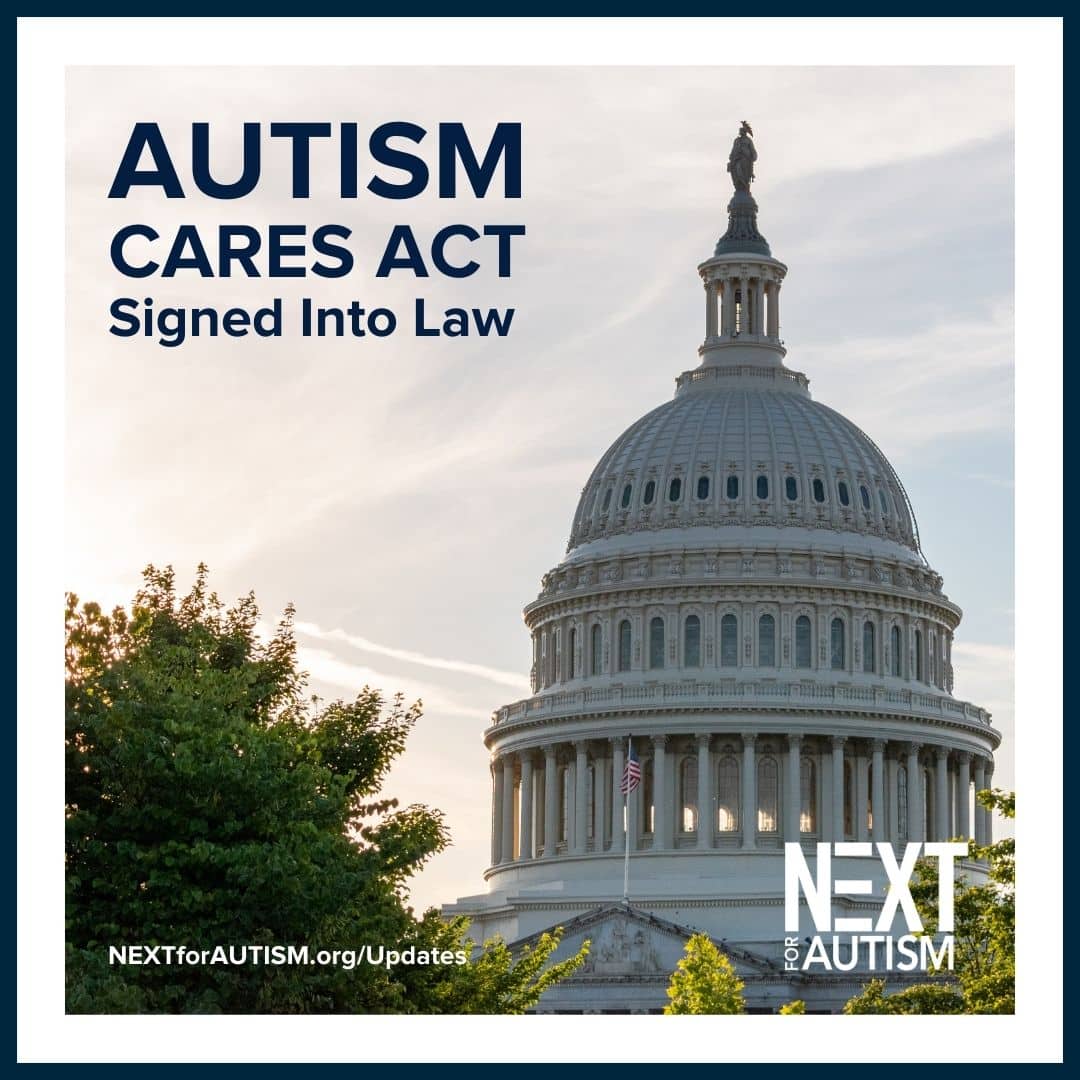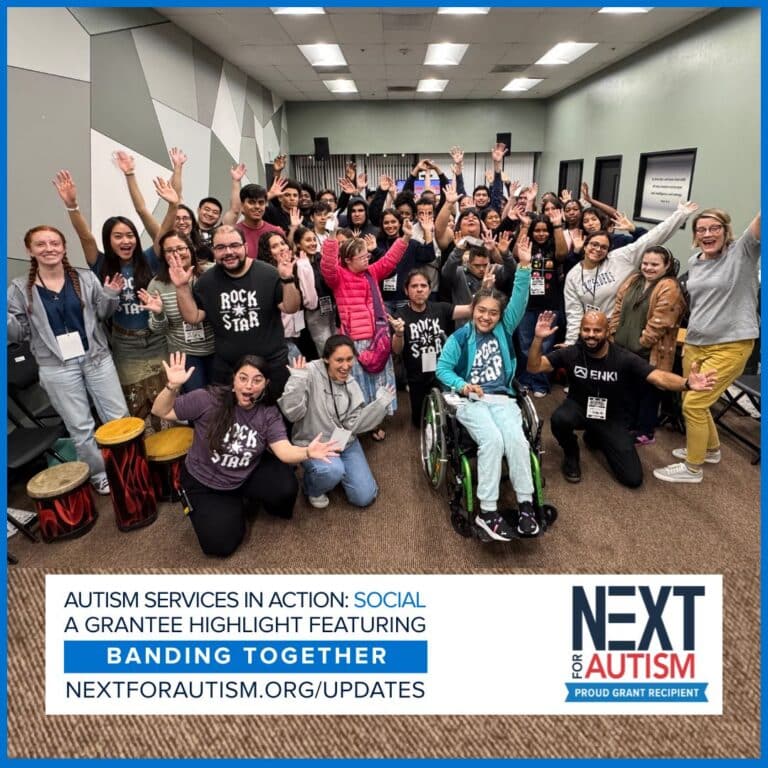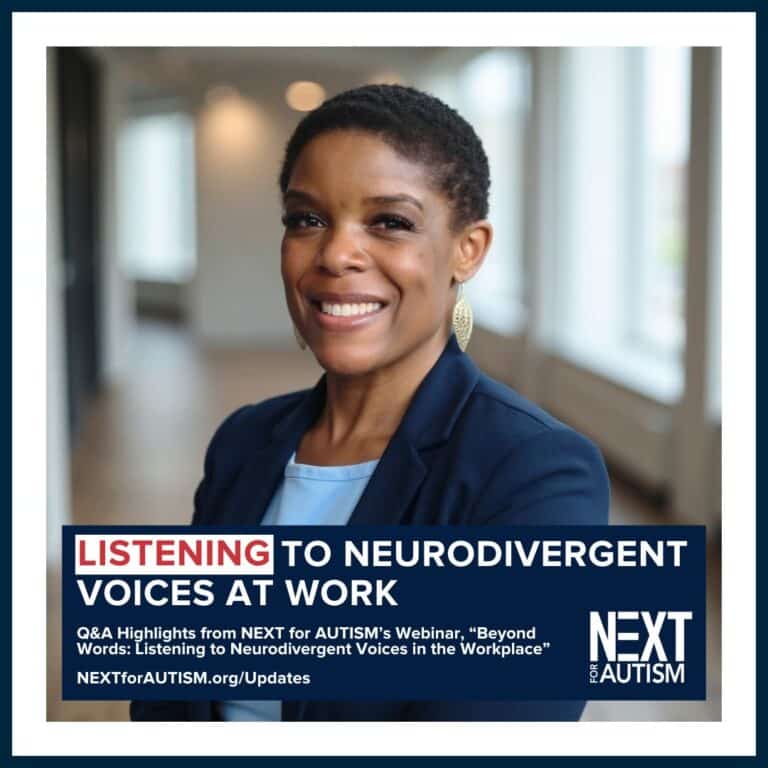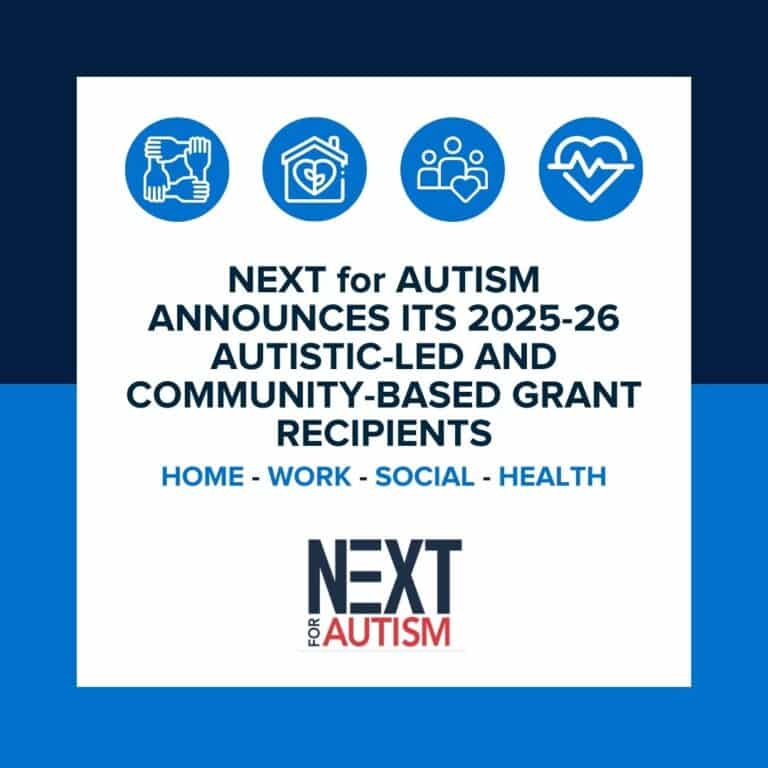President Biden Signed the Autism CARES Act of 2024 Into Law
The Autism CARES (Collaboration, Accountability, Research, Education, and Support) Act is a landmark piece of federal legislation focused on improving the lives of autistic individuals and their families. With its 2024 reauthorization, the Act secures a historic $2 billion in funding for the next five years directed in identifying gaps in services and healthcare and developing new evidence-based strategies for support across the lifespan.
From funding groundbreaking research to fostering education and workforce development, the Autism CARES Act represents a unified commitment to addressing the evolving needs of the autism community.

NEXT for AUTISM also engaged our Advisory Board members for their insights. Here’s what they had to say:

The act’s focus on expanding resources for early intervention, education, and lifelong support—particularly for adults aging out of school-based services—demonstrates a comprehensive approach to empowering the autism community. Its increased funding for research, particularly on co-occurring conditions and safety needs, will help improve outcomes for millions of individuals and their families.” Matthew Saunders, Neurodiversity Advocacy Leader



The Act makes progress, but there is still room for improvement when it comes to addressing the needs of autistic adults. While some funding is directed toward adult services, many autistic adults face barriers to accessing mental health care, employment support, and independent living resources. The Act could benefit from provisions that explicitly support mental health services for autistic adults, as well as more substantial job training and housing programs tailored to their needs. I would like to see a greater focus on mental health care for autistic individuals, particularly adults. Additionally, there should be stronger incentives for employers to hire and accommodate autistic employees, along with funding for affordable housing options that consider sensory needs. These enhancements would provide more comprehensive support, helping autistic individuals lead fulfilling and independent lives.” - Russell Lehmann, Motivational Speaker, National Disability Advocate, and Instructor at UCLA’s David Geffen School of Medicine. www.TheAutisticPoet.com








Leave a Reply